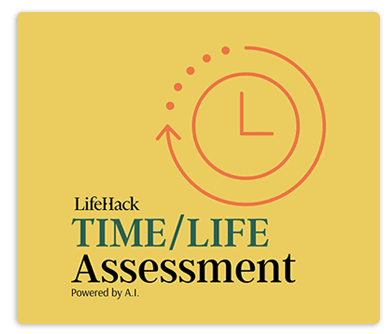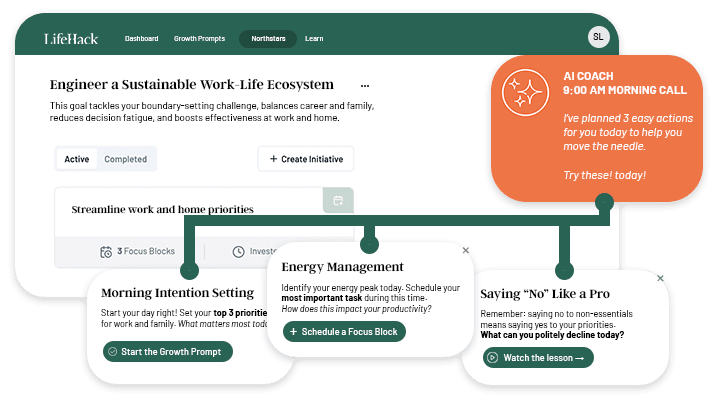Quitting a job you’ve held for so long can be intimidating and liberating at the same time. Yes, there’s a feeling of excitement because you’ve just broken free of something you didn’t really like participating in. But at the same point in time, there’s also a feeling of anxiety because the moments after quitting a job can seem unknown and vague to you. At the end of the day, though, quitting a job, like any other life event, can reward you with life lessons you might not have known if you hadn’t quit your job:
1. Whatever you do, there’ll always be someone who’ll judge you.
If you’re still staying at your job, notice your family, your acquaintances and your work colleagues will have comments on the way you live your job. If you’re already quitting a job, the same scenario applies. People close to you will have something to say.
So, instead of thinking of what other people would say about you, choose to ignore their hurtful remarks and live the life you’ve always wanted. People will still judge you whether you’re happy or not. If worse comes to worst, wouldn’t you rather be happy and judged, than unhappy and judged?
2. Time spent on something you value is never wasted.
Contrary to popular belief, time, not money, is the most precious commodity around. Don’t stay in a job that makes you stressed and unfulfilled for the sake of earning money. You can always earn the money you’ve spent, but you can never earn the time you’ve wasted.
3. Your personal growth can be found outside your comfort zone.
Being an employee has its double-edged benefit: you have a routine you can follow every day. Yes, it’s predictable and it’s already tested to give you results that are already enough. But it’s also a bad thing in a way that it won’t make you reach for more, when you clearly have the potential to be greater than what you already are. Don’t settle for just “enough” when a little “extra” could bring you more and enable you to help other people more.
4. Your purpose in life should define your actions.
You were sent here in this world to accomplish a purpose in life. You owe it to yourself to find out exactly what that purpose is. Your purpose isn’t to get stuck in traffic, go to your job, get back home and repeat the same cycle all over again. You were made for much greater things – all of us are! After quitting your job, try and explore your passion in life. More often than not, that passion can link you to your life purpose.
5. If you want something bad enough, don’t just wish for it. Really make it happen.
Don’t depend on other people to reach your dream for you. That wishful thinking won’t get you anywhere! Put a deadline on your dream. Think of small action plans you need to accomplish. And then do them one step at a time. Think: if you can’t do something now, there’s a big chance you can’t do something tomorrow. Do it now before you regret it.
6. Everyone has to start at something.
If the only thing holding you back from quitting a job is your idea you have to start from zero yet again, then don’t let this stop you. All the highly successful people you see now were a nobody in their starting years. Hard work, perseverance and a never-die attitude made them into who they are today. Don’t look at those lotto millionaires or “celebrities” who became famous overnight. Instant success does not start very long. It doesn’t mean very much either.
7. Maturity starts when you’re willing to be responsible for your own actions.
Only think about quitting a job if you, not because your parents, your siblings, your partner or your neighbors, say so. Be accountable for the decisions you make, because every action always has a succeeding circumstance. Playing the blame game with people doesn’t make you seem immature – it makes you seem weak-minded, too.
8. In life, you only learn the lessons after you’ve taken the test.
The thing we should take note about in life is we need to experience something first before we learn its lesson. This way, the emotions are raw and the urge to not let something happen again is so strong we do everything in our power to not commit the same mistake again.
9. Your plan is not necessarily going to become a reality every time.
No one can tell you for sure what will happen to you, should you push through with quitting your job. Also, as much as you’ve prepared for it, something you haven’t prepared for will always happen eventually. Your plan that looks amazing on paper may not look the same in real life. Sure, planning for quitting a job is recommended. But, don’t be afraid to stray off your plans once in a while.
10. Flexibility is always a handy trait.
Since we’ve mentioned your plan doesn’t come true all the time, being flexible ensures you can easily stand on your toes again after getting through a setback. You know what they say:
“The bamboo that bends with the wind is stronger than the oak that resists it.” Japanese Proverb
11. Don’t find time for something. Instead, make time for it.
Prioritize the things that matter to you by making time for them. With today’s world being more occupied with being busy rather than being productive, finding time for your priorities is paramount. Should you drop the job, or should you keep it? Ultimately, the decision lies with you.
Unlock Your Time Potential: From Chaos to Control
Discover how to reclaim your time and transform chaos into productivity with our comprehensive Time/Life Assessment.
If you're ready to take control of your time and boost your efficiency, don't miss this opportunity to get a personalized analysis and action plan.

Featured photo credit: dave_stressed_001.jpg/click via mrg.bz
Ready for a Goal Breakthrough? Unlock Your Personalized Strategy

Experience the power of a strategy tailored just for you.
Our personalized system provides:
- Custom-crafted action steps based on your unique situation
- Insights tailored to your specific challenges and strengths
- A personalized roadmap to turn your goals into reality
Tailored recommendations powered by smart analysis















































